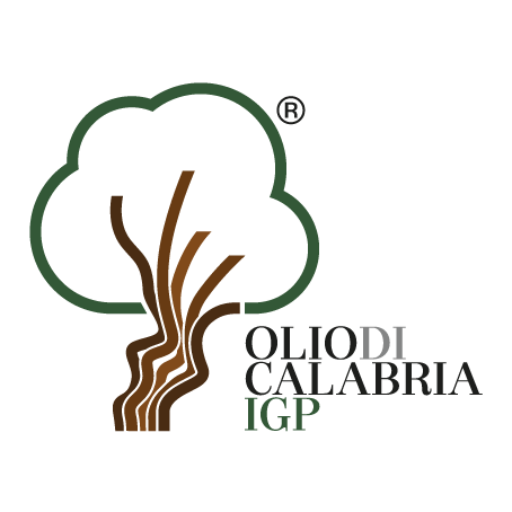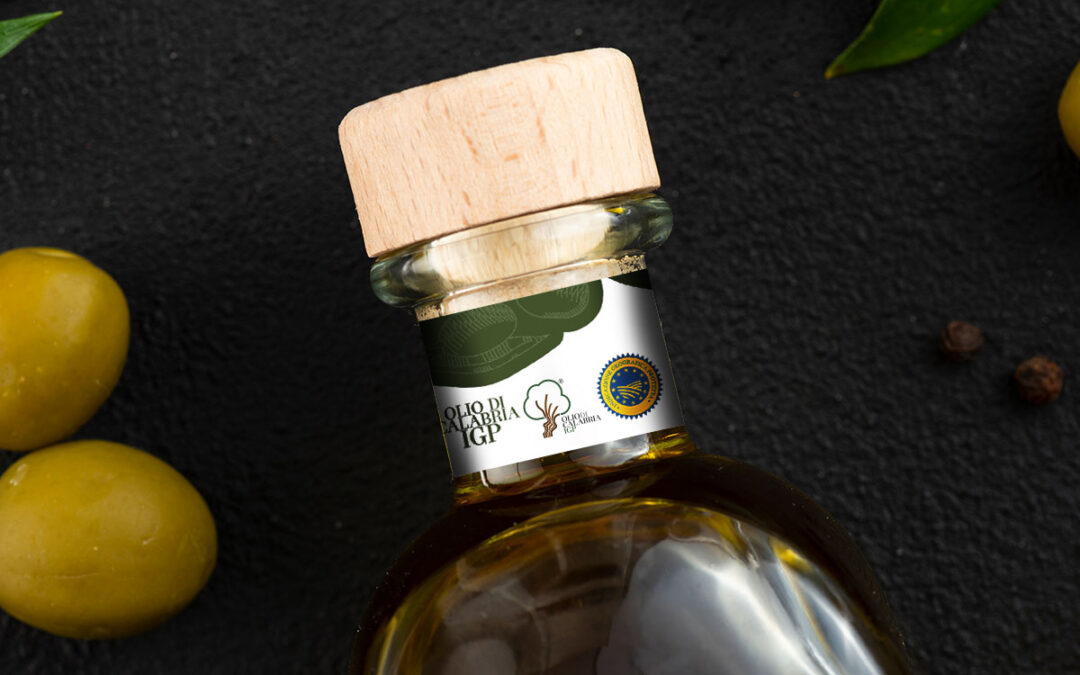The Consortium of Igp Oil of Calabria has long been closely observing everything that is happening with regard to fraud in the oil field. “Our task, in addition to promotion, is also to defend, update, safeguard and indicate solutions for producers but also for citizen consumers,” reports President Massimino Magliocchi. Can the end consumer recognize and defend against fraud, especially in the oil field? Probably not, which is why the Consortium’s help is also needed. Starting with an important premise: olive oil is very controlled and therefore with an extra degree of safety compared to other commodities. What to do then? “Very low prices of extra virgin olive oils are not an obligatory synonym for fraud as is often believed. It depends a lot on the production chain,” Magliocchi explains. In supermarket advertising flyers there is almost always a bottle of extra virgin at an extremely low price. “This way of selling in addition to putting producers in difficulty increasingly induces consumers not to buy extra virgin olive oil that has a higher price,” the Consortium technically adds. Hence, attention to deodorization, for example. This is the final stage of refining oils and involves removing unsaturated hydrocarbons, aldehydes and ketones, which are responsible for organoleptic defects. “It is done in a vacuum, at high temperature and in a steam current, sometimes in nitrogen. And it is impossible for the final consumer to find out if his extra virgin has been mixed with a deodorized one,” they say. And then the “blending of seed oils with extra virgin oils.” Many people believe that to find out if there is seed oil it is enough to cool it: “there is no scientific basis in that,” says the president. Also not to be underestimated is the coloring and falsification of origin, that is, selling as Italian an oil that is not. “If you don’t do targeted chemical analysis, you can’t tell the difference.” Last but not least, the use of enzymes in the mill. “We are referring to chemical ones, as we often read in the excellent in-depth review of “Natural Theater,” which promote the release of the oil by acting on pectin and the walls of the cell membranes that contain it. These products, although they improve the quality of the oil, they do not create damage or problems, they are used in many other foodstuffs such as wine, for example, they are banned because the EU regulation requires that virgin olive oil is obtained directly from olives and only by mechanical processes, in order to maintain that concept of naturalness, of pure olive juice: they can be used only when the final product is an inedible oil. In this case, it is not really possible to detect fraud, not only for the final consumer.”

